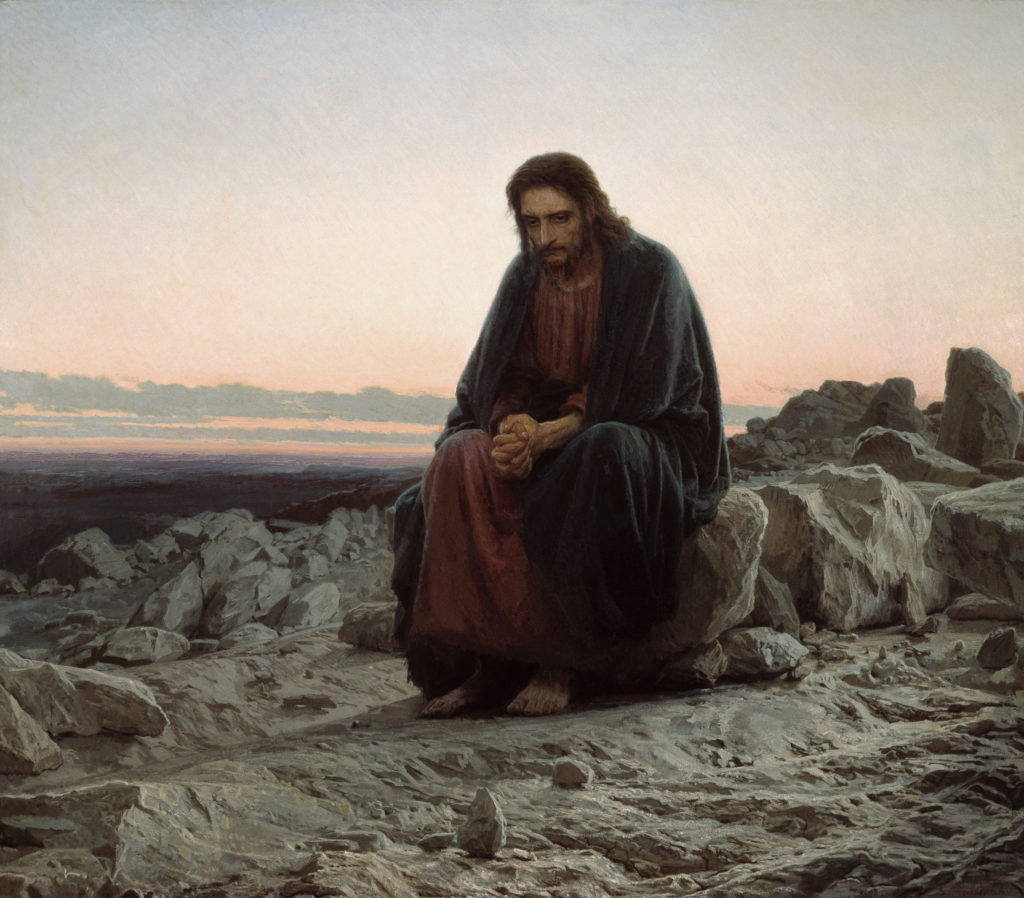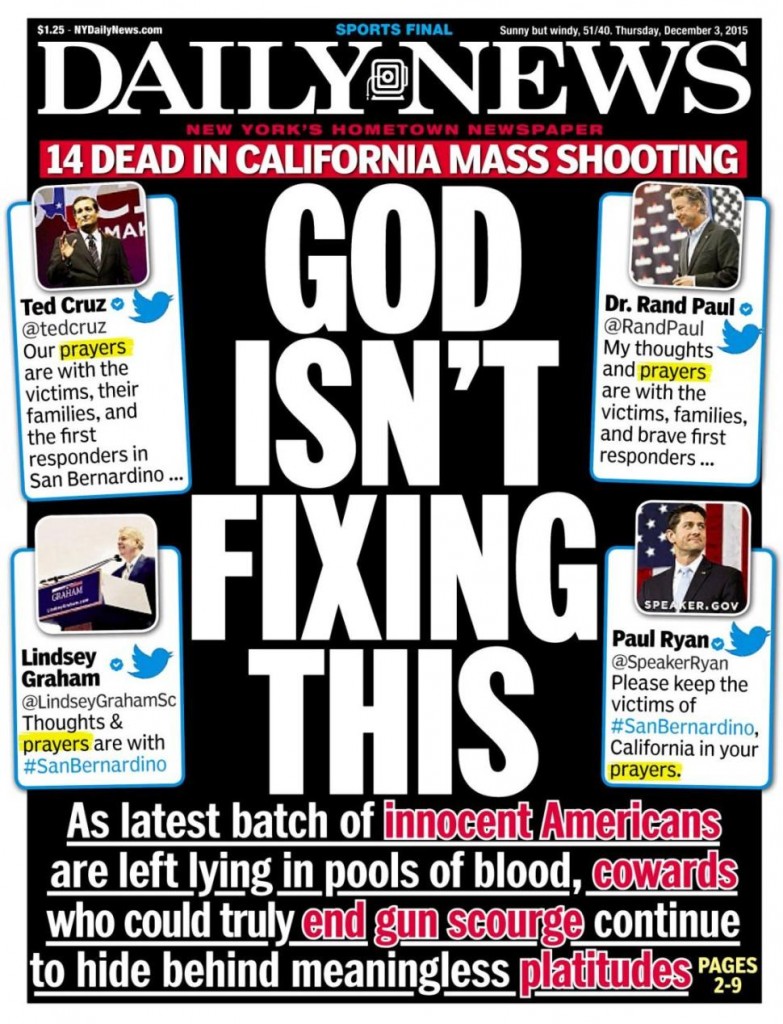And Jesus Wept…
We are coming down the home stretch of this Lenten season. Like a movie, the conflict between Jesus and the Pharisees is hitting its climax as Jesus’ miracles get larger and more public but so does the ire of the Jewish authorities. It, of course, culminates with Jesus’ crucifixion and then resurrection. Similar to how the […]





